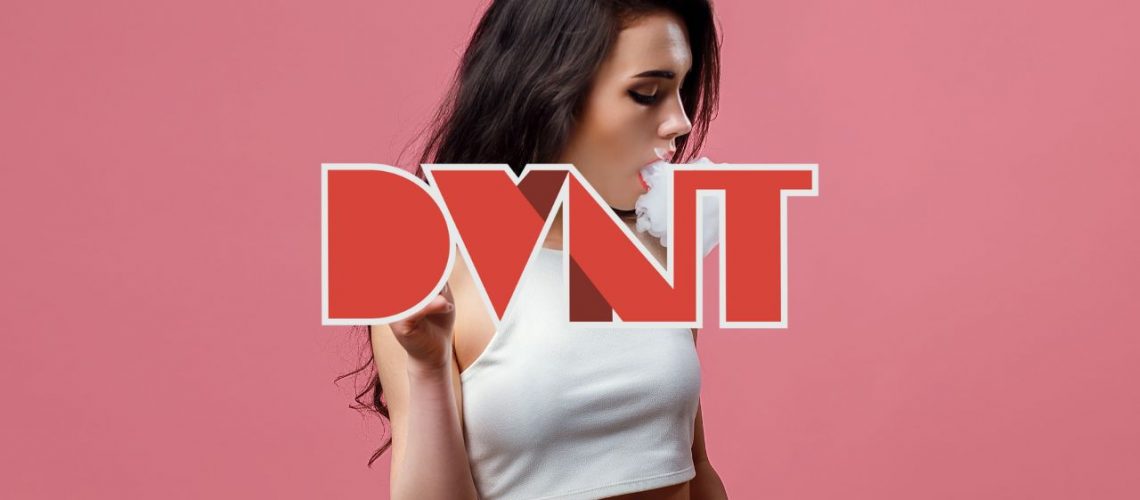Are HHC Products Legal In Your State?

HHC products have really taken off lately, with HHC being the latest “new” cannabinoid that is a must-try for anyone looking for a less anxious, yet elevated experience. But in a country comprised of fifty states with vastly varying political climates and values, it can be difficult to keep track of what is legal and where. Not to mention, cannabis and hemp laws are changing at an unprecedented rate. Here, we’re going to dive into the legal specs of HHC products in all fifty states.
2018 Farm Bill
HHC and other cannabinoids like delta 8 are really only in the limelight as a result of the 2018 Farm Bill. This bill declared hemp legal on a federal level in the US. According to the National Conference of State Legislatures, this bill legally defines hemp as “the plant species Cannabis sativa L. With a delta-9 tetrahydrocannabinol (THC) concentration of not more than 0.3% on a dry weight basis”. So hemp is just cannabis with an extremely low percentage of delta 9 THC. Although HHC exists naturally in the cannabis plant, it is only found in small quantities. Most HHC products today are made by adding hydrogen to hemp-derived CBD. The process is actually similar to the way margarine is made.
Because HHC products come from hemp, they are legal unless explicitly declared illegal by an individual state. For this discussion, the states are divided into four categories: Legal, likely legal, likely illegal, and illegal. I was very confused when I first saw these distinctions, so let’s break it down.
Legal
Let’s start with the easiest category, the one we all hope we’re in: legal. If you live in any of these states, HHC products are legal.
- Alabama
- California
- Connecticut
- Florida
- Georgia
- Indiana
- Louisiana
- Maine
- Maryland
- Massachusetts
- Michigan
- Minnesota
- Nebraska
- New Jersey
- New Mexico
- North Carolina
- Ohio
- Oklahoma
- Oregon
- Pennsylvania
- South Carolina
- South Dakota
- Tennessee
- Virginia
- West Virginia.
That’s twenty-four states, which means HHC is legal in almost half the country. Do all of these states have the exact same law regarding HHC? No! Of course not! This is America! Many of the states that consider HHC legal either align with the 2018 Farm Bill by default, or have specific laws that essentially mean the same thing (hemp-derived HHC products must contain less than .3% THC). These states include California, Connecticut, Florida, Indiana, Louisiana, Maine, Maryland, Massachusetts, Minnesota, New Jersey, New Mexico, North Carolina, Ohio, Pennsylvania, South Carolina, Tennessee, Virginia, and West Virginia.
Other states have their own caveats concerning HHC. For instance, Georgia permits the sale of HHC products that aren’t made from synthetic cannabinoids, while Michigan requires that HHC be sold by licensed dispensaries and manufacturers in the state. Nebraska has specifically legalized HHC, delta 8, delta 10, and THC-O. Because of Oklahoma’s Public Health Code, hemp tetrahydrocannabinols (including HHC) aren’t considered controlled substances in the state. Oregon has legalized cannabinoids for adult use which also include delta 8, delta 9, and delta 10. In South Dakota, HHC is legal for adults over 21.
Likely Legal
Now we move on to a slightly grayer area: likely legal which includes:
- Kansas
- New Hampshire
- Texas
- Missouri
- Wisconsin
- Wyoming
Some of these states simply haven’t specifically addressed HHC yet. Kansas, New Hampshire, and Texas have no laws regarding HHC. Missouri, Wisconsin, and Wyoming allow hemp-derived products containing .3% or less of delta 9 THC.
Likely Illegal
Another gray area. Tread carefully if you live in any of the following states:
- Alaska
- Colorado
- Delaware
- Hawaii
- Iowa
- Kentucky
- Rhode Island
- Vermont
Alaska legalized delta 9 THC for recreational use, but considers hemp-derived THC isomers as a Schedule III on its list of controlled substances. Another recreational cannabis state, Colorado, has banned all chemically modified THC isomers, which includes HHC. Delaware’s Uniform Controlled Substances Act prohibits HHC and other isomers of THC. In Hawaii, HHC isn’t specifically banned, but there is a ban on smokable and edible hemp products. Kentucky isn’t messing around; this state considers all psychoactive hemp-derivatives to be Schedule I controlled substances (the same category as heroin).
Rhode Island is a tricky one; they have legalized all hemp-derivatives but they have another law which defines isomers as THC, which would make HHC illegal for human consumption. Someone explain that one to me please. Iowa and Vermont are also unclear: because HHC is obtained using a similar process to delta 8, which is illegal in those states, the same laws likely apply to HHC.
Illegal
These states don’t want any ifs, ands, or buts: HHC is absolutely not legal here:
- Arizona
- Arkansas
- Idaho
- Illinois
- Mississppi
- Nevada
- New York
- North Dakota
- Utah
- Washington
Weirdly enough, Arizona and Nevada allow traditional delta 9 THC, but consider HHC and other THC isomers to be controlled substances. Idaho and Mississippi classify HHC as a schedule I controlled substance. Arkansas prohibits the use and distribution of modified cannabinoids including delta 8, delta 10, and HHC, while the Illinois Department of Agriculture bans hemp-derived intoxicating isomers, including HHC and delta 8. New York’s state law restricts THC isomers, making the sale and production of HHC illegal. North Dakota and Washington consider HHC to be a controlled substance. Utah specifies that HHC, THC-O, delta 8, and delta 10 based products are illegal whether they come from hemp or marijuana.
As you can see, HHC laws vary on a wide scale across the country. In my state, for instance, regular delta 9 THC is legal recreationally. Only problem is, the nearest dispensary is forty-five minutes away, and eighths still cost sixty dollars. It’s been almost a year that we’ve had recreational dispensaries open here, and yet I still haven’t been to one in my own state. I finally took the plunge and tried to go to one on a Sunday, only to find that Sundays at this particular dispensary are reserved for medical card carriers. I’m grateful that HHC is an option, and legal in my state. Absolutely nothing beats the convenience of choosing my product online and having it delivered straight to my door. If HHC is legal (or even likely legal, wink wink) in your state, choose from prerolls or disposable vapes and try it today.
